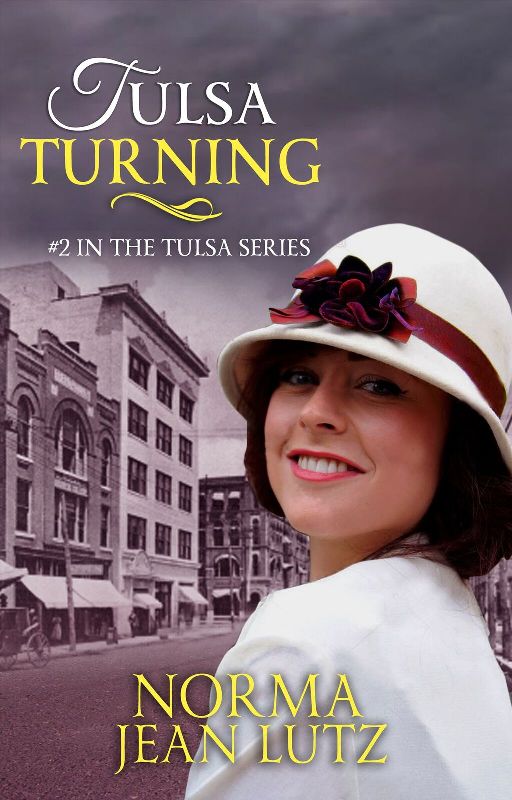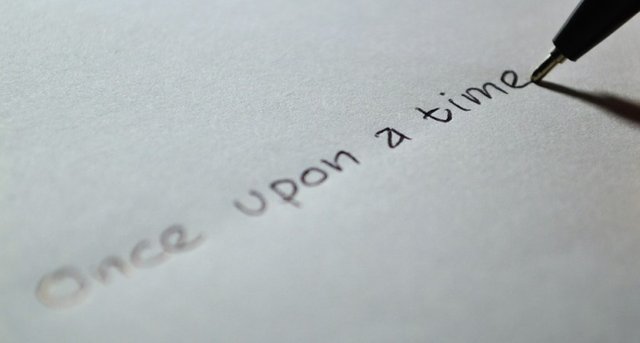The Need for Backstory in Fiction
One of the weaknesses I’ve often seen in the work of beginner fiction writers is a lack of time spent in creating the backstory. They are in such a rush to get the story on paper, they fail to consider where their characters were and what they did previous in time to the story setting itself.
First of all, let’s define backstory, and then we’ll discuss why it is so very important. And why all authors must include this vital step in plotting.
Definition of Backstory
Each of the main characters in your story has a life, which means he or she also has a past. They didn’t just jump into life the moment the story begins—even though for you as the author that’s exactly what has happened.
This is true with any person in real life—their past experiences, their upbringing, their family history, their sibling relationships, their political and social attitudes—all make up the entire personality of that person. They are who they are because of their past history.
Now apply this to your characters. Where did they come from? What is their family history? What circumstances has brought them to the place where they are now? All of this makes up the backstory.
Importance of Backstory
Anyone working on plotting a novel, or outlining a story, would do well to spend time sketching out (for the eyes of the author only) the “pre-story” past going as far back in time as seems interesting or helpful. Or you may want to write short biographies of each of your main characters in which at least some of their lives in the past have intersected.
The more you know about your character’s past, the deeper and richer your character will become. In fact, the deeper and richer your entire novel will become.
How Much Backstory?
How much of your backstory will appear in the novel? That depends entirely on the flow and focus of the novel itself. For some, it may appear in the form of a flashback. Or the backstory facts may resonate in small conflicts, joy, or veiled barbs.

In the second book of my 4-title Tulsa Series, Tulsa Turning, I had already established in the backstory that the main character, Clarette, came from a wealthy family whose wealth came from the silk trade. Though the book is set in 1921, I knew from the backstory that her ancestors had sailed the dangerous seas to China to ply this trade.
Clarette is a rebel who wants nothing much to do with her family’s money. She wants to make it on her own as a newspaper reporter. On a return visit home (from New York to New Jersey) she is in conversation with her staid and snobbish older brother.
Because the backstory was already established in my notes, it was simple to create this scene. Brother, Aubrey, is chiding Clarette for dropping out of the elite girls’ school chosen by their parents. Here's how the conversation ensued:
"Miss Damerow's is a fine school," he told her, "where you were learning decorum and discretion, not women's rights and Sigmund Freud."
"No matter where I studied, I'd still be me."
"Perhaps. But you'd be a better you."
"I'd be a boring pattern of my staid ancestors."
"Our ancestors are all people to be proud of and to emulate."
“Really? Then why aren't you sailing to China on clipper ships, bringing back the yards of silks, rather than sitting in the office making boring deals on the telephone?"
"Not that way!" Aubert interrupted her, reaching out to pull at the steering wheel.
By instinct she'd almost turned down the road to the sturdy old two-story where the two of them had grown up together.
"Okay, I got it," she retorted smacking at his interfering hands. It was difficult to remember that her parents were now at home at the impressive Vanderpool Estate a few more miles down the road.
Their life in the old house existed when the Vanderpool business was in silks and silks alone. Those endeavors had mushroomed into several garment factories, a new boutique on Fifth Avenue, and now the newest twist, her father's interest in the ever-growing stock exchange.
"Back to my question..."
"The ability to sail a clipper ship wasn't the type of emulating I was referring to, Clarette, and you know it."
Creating backstory may mean checking dates and historical facts, all of which help you as the author to be more in control of your story line.
Dangers of Creating Backstory
One of the dangers of working with backstory is that it may turn out to be so much fun it will keep you from the actual writing of your novel.
The second danger is that you become so enamored with the backstory that you feel you must dump it on the reader all at once, simply because you have all that information. When that happens you’ll end up with way too much flashback – or too much heavy narrative – in the novel.
Keep in mind that this information is not a stimulus for the present novel storyline, but a foundation upon which to build.
To be a novelist (a storyteller), your grasp of, and your skill in, building backstory is mandatory.
Meanwhile, keep on writing,...
http://www.beanovelist.com/
https://www.facebook.com/BeANovelist/
http://www.cleanteenreads.net/
https://www.facebook.com/CleanTeenReadsNet/

